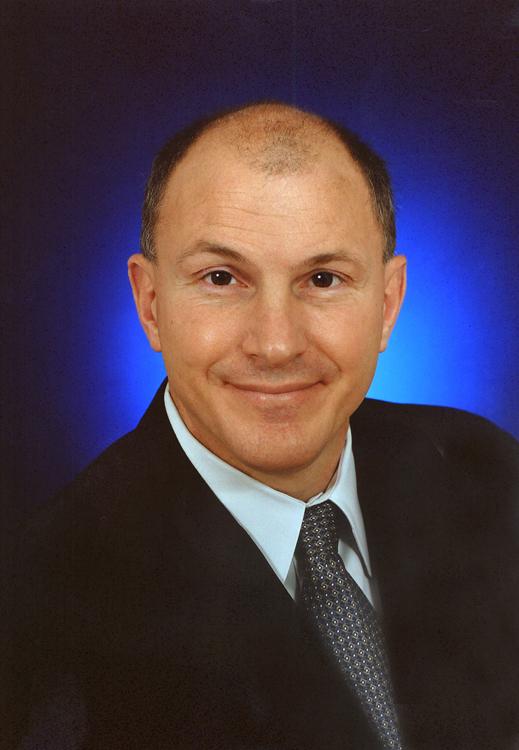Thomas Franch

Q. What does your company do?
A. We have a full portfolio of clean (CO2 free) energy solutions – highlighting our full nuclear energy supplier spectrum and renewable portfolio.
Q. What academic degrees do you hold?
A. B.S. in Architecture and a B.S. in Civil Engineering, both in 1981 from the University of Illinois
Q. What is the purpose of the advisory board?
A. It is industry and academia working together to provide input on curriculum and advice on how best to serve the public needs in workforce development, education and ultimately providing for the industry.
Q. What changes have you seen in the college and UNC Charlotte?
A. I have seen curriculum changes, an embrace for the needs of industry, and cultivation for students to prepare them beyond academia to allow them to enter the workforce in a more prepared manner. At UNC Charlotte, I have witnessed growth, and an exciting atmosphere for students and faculty alike. Industry (AREVA) has embraced this new relationship and has responded with senior design projects, software, individual lecture participation and looks forward to further engagement in the future.
Q. What is exciting at the college?
A. I like the proactive look and vision into the future. I believe Bob Johnson has done an excellent job in reaching out to industry, making them feel welcome, and listening to the advice and doing something with the input. This is exactly the kind of forward thinking that is needed from universities.
Q. What do you see in the future for the college?
A. Continued engagement with industry, completion of the EPIC project, and continuing to think in the future while still developing and delivering the students and academia for today.
Q.What are your thought about the football team?
A. Sounds good – I think this will be good for the university and for the Charlotte area.
Your Engineering Career
Q. Why did you become an engineer?
A. It seemed like the right thing to do at the time. It offered good career opportunities and a future.
Q. What skills have been important in your career?
A. Interestingly enough, while the technical skills have been important, equally important have been the ability to communicate through either oral or written presentations. Finally, development of the “softer” skills (coaching, mentoring, etc.) have been critical skill sets as you progress within your career.
Q. What changes have you seen in the profession during your career?
A. The technology changes have been incredible. Now I do not want to date myself, but I do remember getting tested on a slide rule (not sure if most students would even know what that was) for applications. We have migrated from there to the calculator and now to high-powered computers. This has allowed our analyses and codes to dramatically change for the better in both design and understanding of complex problems.
Q. What is the most exciting project you ever worked on?
A. I am a construction guy at heart, so my first field assignment I worked on Clinton Power Station. It was supposed to be a 3 month assignment. Well over 4 years later I finally left the site as they were getting ready for Power Ascension. Very gratifying to see the station start-up.
Q. What is the best career advice anyone ever gave you?
A. Don’t be afraid to make mistakes, only be afraid of not wanting to correct them or do something about them.
Q. What do you like best about your job?
A. People – Our business is all about people (some think it is the technology but that is only a part of it) and I have had the privilege of meeting some great people and being able to work with them.